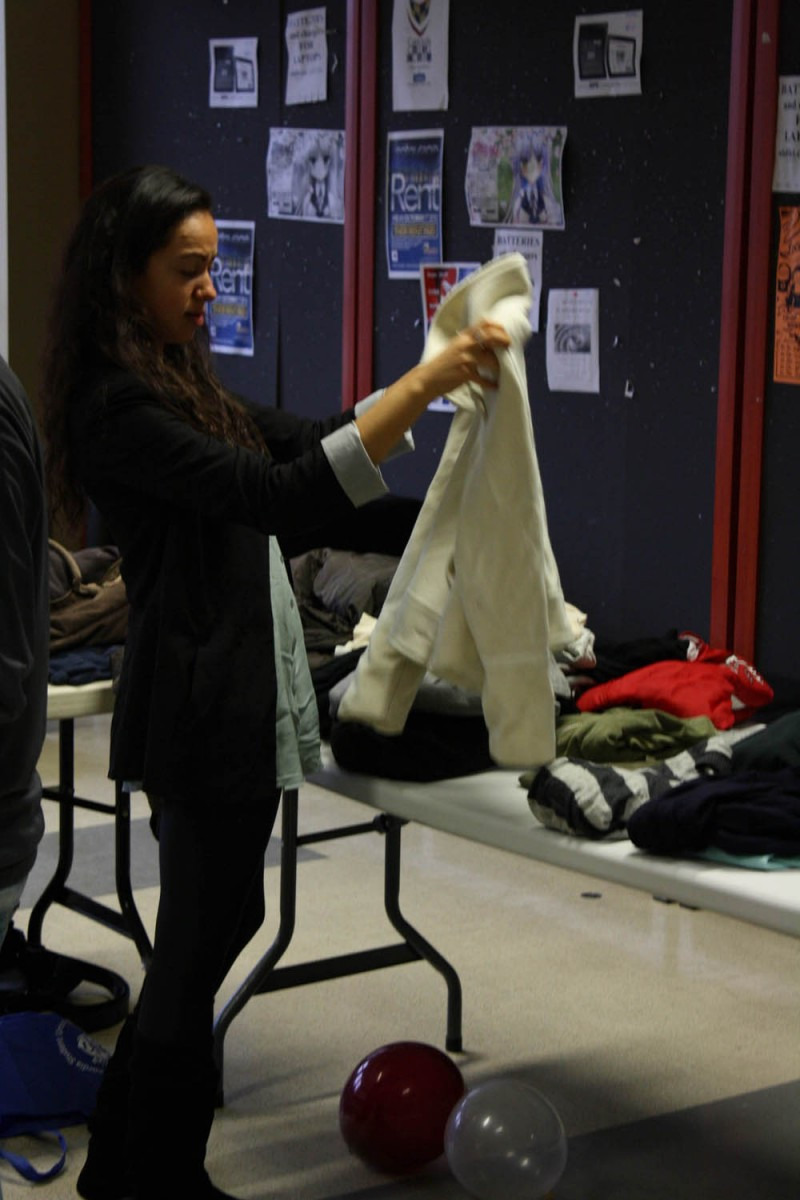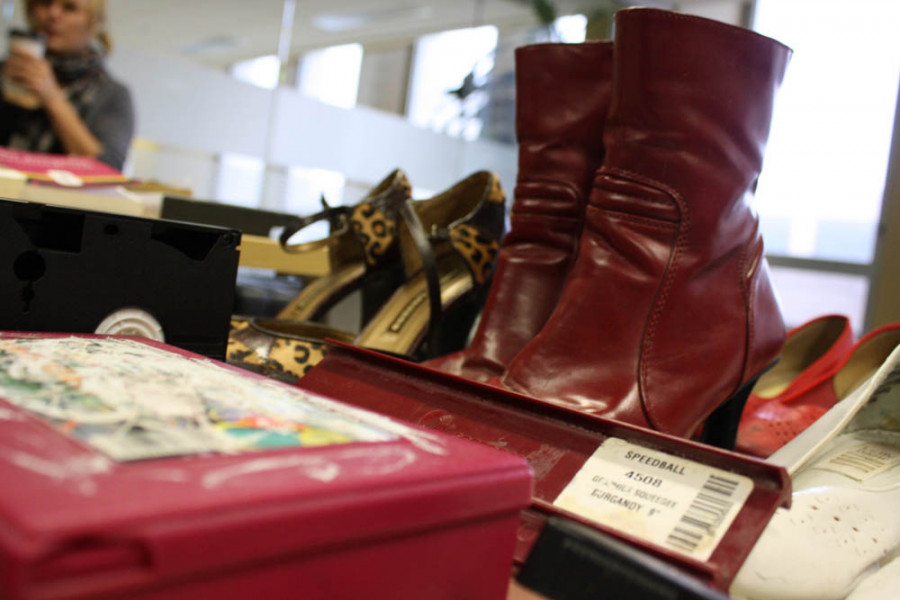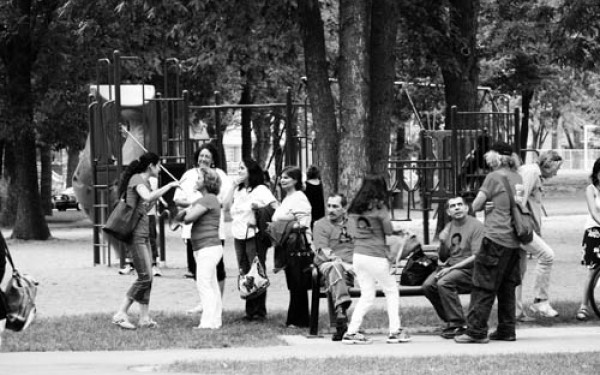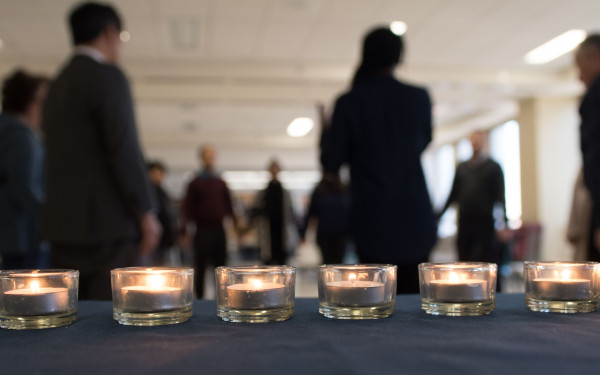Justice for Anas
Inquest into 2005 Police Shooting Continues
The coroner’s inquiry into the death of Mohamed Anas Bennis will resume despite efforts by the Montreal Police Brotherhood to have the case closed.
A coalition called Justice for Anas hailed the decision “an overdue victory” in their five-year struggle to open an impartial investigation into Bennis’ shooting death.
Bennis was shot and killed the morning of Dec. 1, 2005 in Côte-Des-Neiges by officer Yannick Bernier of the Service de Police de la Ville de Montréal. Bennis, a Canadian of Moroccan descent, was returning home from his mosque when he encountered Bernier and another officer, Jonathan Roy.
According to police reports, Bennis, without provocation, produced a kitchen knife and attacked the officers, wounding Bernier on the throat and leg. Bernier then fired two shots, fatally wounding Bennis.
The family rejected this version of the story. His sister, Najlaa Bennis issued an editorial in The Gazette emphasizing the soft-spoken character of her brother.
“It was completely out of character that suddenly, one morning, my brother would attack a police officer, or anyone, with a knife after his morning prayers, just steps away from his house.”
“It was completely out of character that suddenly, one morning, my brother would attack a police officer, or anyone, with a knife after his morning prayers, just steps away from his house.”
-Najaa Bennis,
Sister of Mohamed
Anas Bennis
Bennis, a devout Muslim, was wearing his skull-cap and djellaba—a traditional Islamic robe—when he encountered the officers. Bernier and Roy were en route to participate in “Operation Glory,” a joint effort between the Quebec and Montreal Police forces along with the RCMP.
“Operation Glory” was investigating an Algerian group thought to have ties to international terrorism.
The fact that this recognizably Muslim man was killed in the midst of a police operation targeting “terrorists” has led many to question whether racial profiling played a role in this case.
Sergeant Ian LaFreniere of the SPVM would not discuss the matter with reporters, saying only, “In Montréal we are one of the first [police] services to issue a policy to make sure there would be no racial profiling. That’s the reason we don’t comment on that case.”
The Quebec City Police were charged with investigating the case due to policy of the Public Security Ministry, which forbids any police force from investigating itself in the case of civilian death or injury.
It is also policy that any findings of the investigation are not to be made public, unless an accusation is made. Results are reported to the crown prosecutor, the coroner and the police ethics commission. Provincial law forbids the release of information that would identify confidential sources, divulge working methods of the police, cause prejudice against anyone involved or deter due process in court.
As a result, several key pieces of evidence remain unavailable and questions remain unanswered. The kitchen knife has never been produced for the public. A closed circuit camera, which potentially recorded the incident, was never introduced as evidence. Photographs of officer Bernier’s wounds also remain confidential.
In 2007, Quebec City Police concluded that no accusations would be laid. The Montreal Police Brotherhood moved to have all further investigations closed, claiming they were a waste of taxpayer money.
Francois DuCanel of Justice for Anas condemns the inquiry and the bureaucracy of police policy in Quebec.
“The police say there were inquiries performed,” said DuCanel. “But they’re talking about the Quebec City police inquiry, and we know that the police investigating police is not a legitimate investigation.”
Ceding to pressure from social justice groups and the Bennis family, further investigations were ordered by Quebec City Chief Coroner Louise Nolet in 2008. Over the next two years, Montreal’s Police Brotherhood made several attempts to have the investigation quashed, saying the further inquiry was “useless” and criticizing the “procedural overzealousness” of the coroner’s office.
Pierre-Yves Boisvert, lawyer for the city of Montreal and legal representative to the Brotherhood, also expressed disdain for the continued struggle of the Bennis family, likening it to the misbehavior of a child.
DuCanel has taken exception to Boisvert’s rhetoric.
“We have to sit there and listen to him say insulting things about us,” said DuCanel. “He says, ‘just because they don’t like the answer they keep asking, like my daughter, when I tell her no she doesn’t want to understand that.’ This man does not represent the city of Montreal, just it’s police.”
Pierre-Yves Boisvert declined to comment on the reinstated inquiry.
Justice for Anas, in collaboration with a number of social justice and civil rights groups, will hold a candlelight vigil outside of the Montreal Police Brotherhood Oct. 22.
This article originally appeared in Volume 31, Issue 08, published October 5, 2010.

_(1)__900_600_90.jpg)





_600_375_90_s_c1.jpg)

